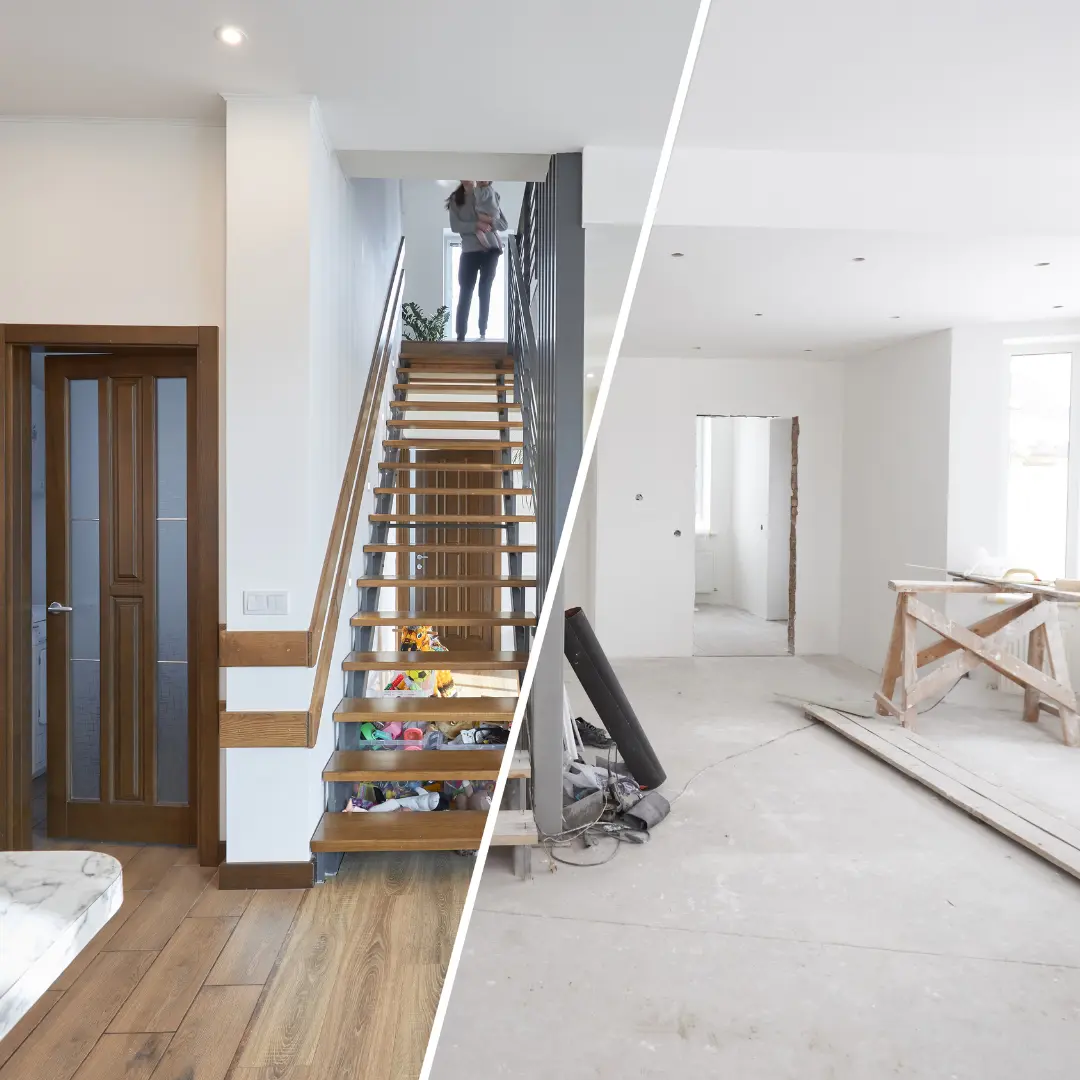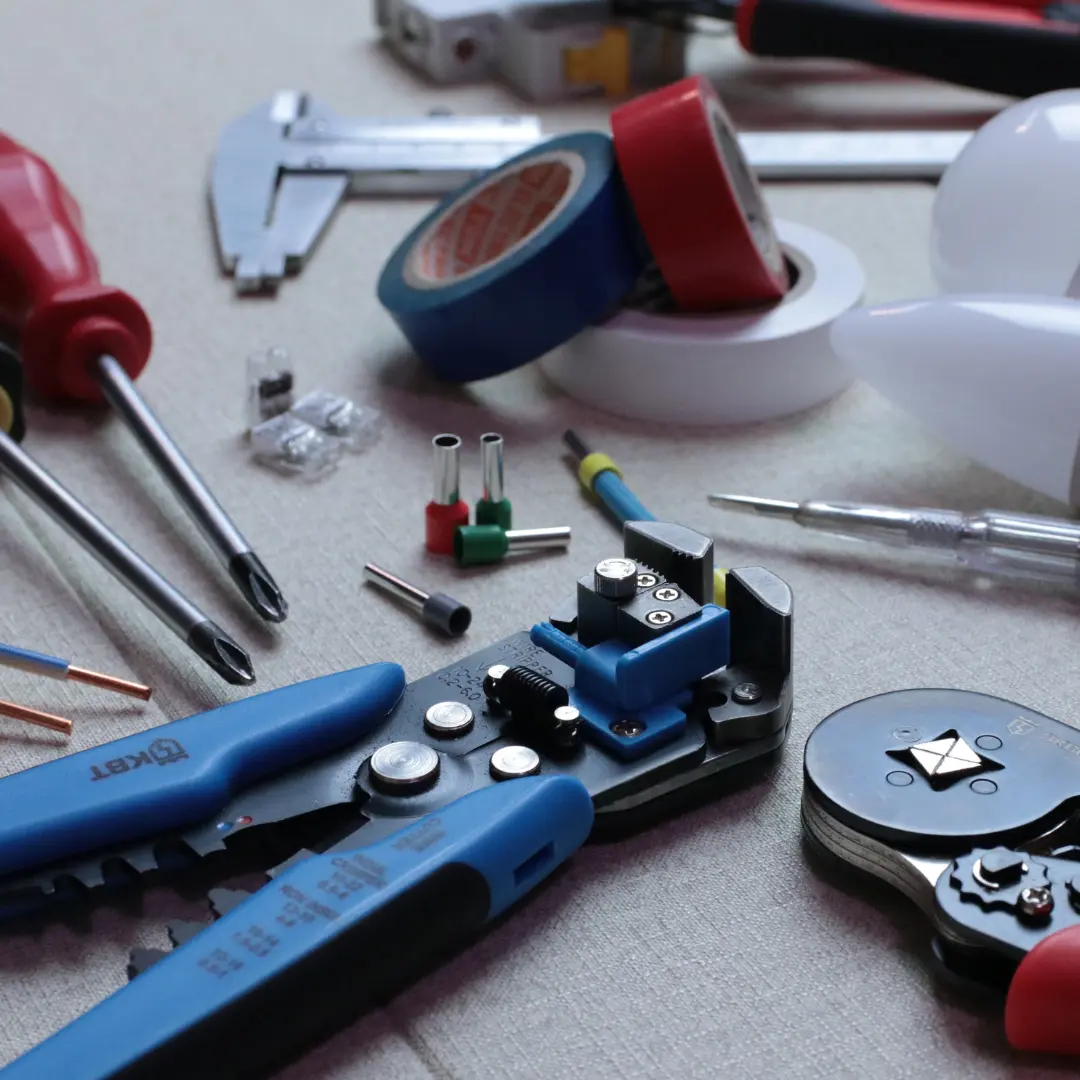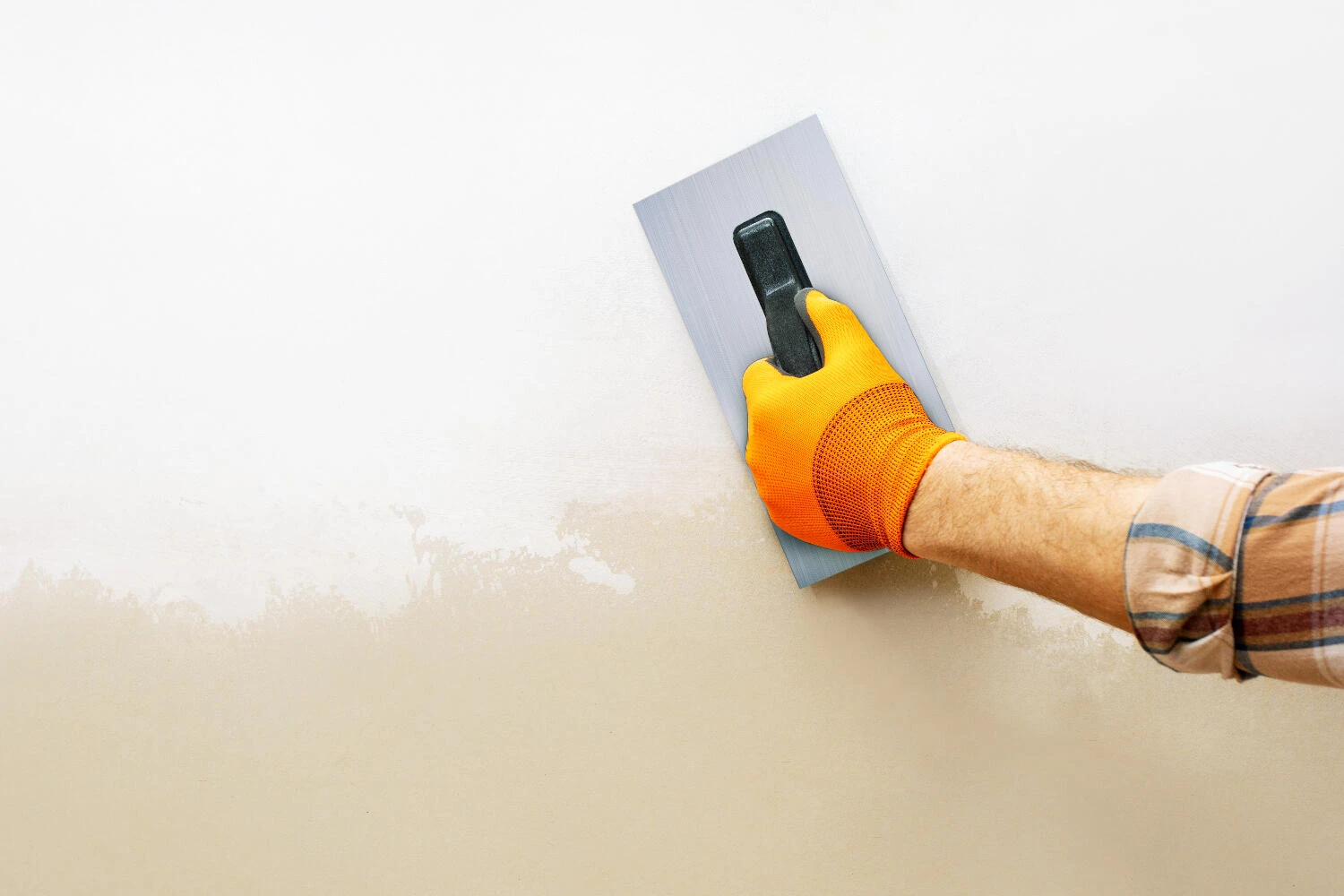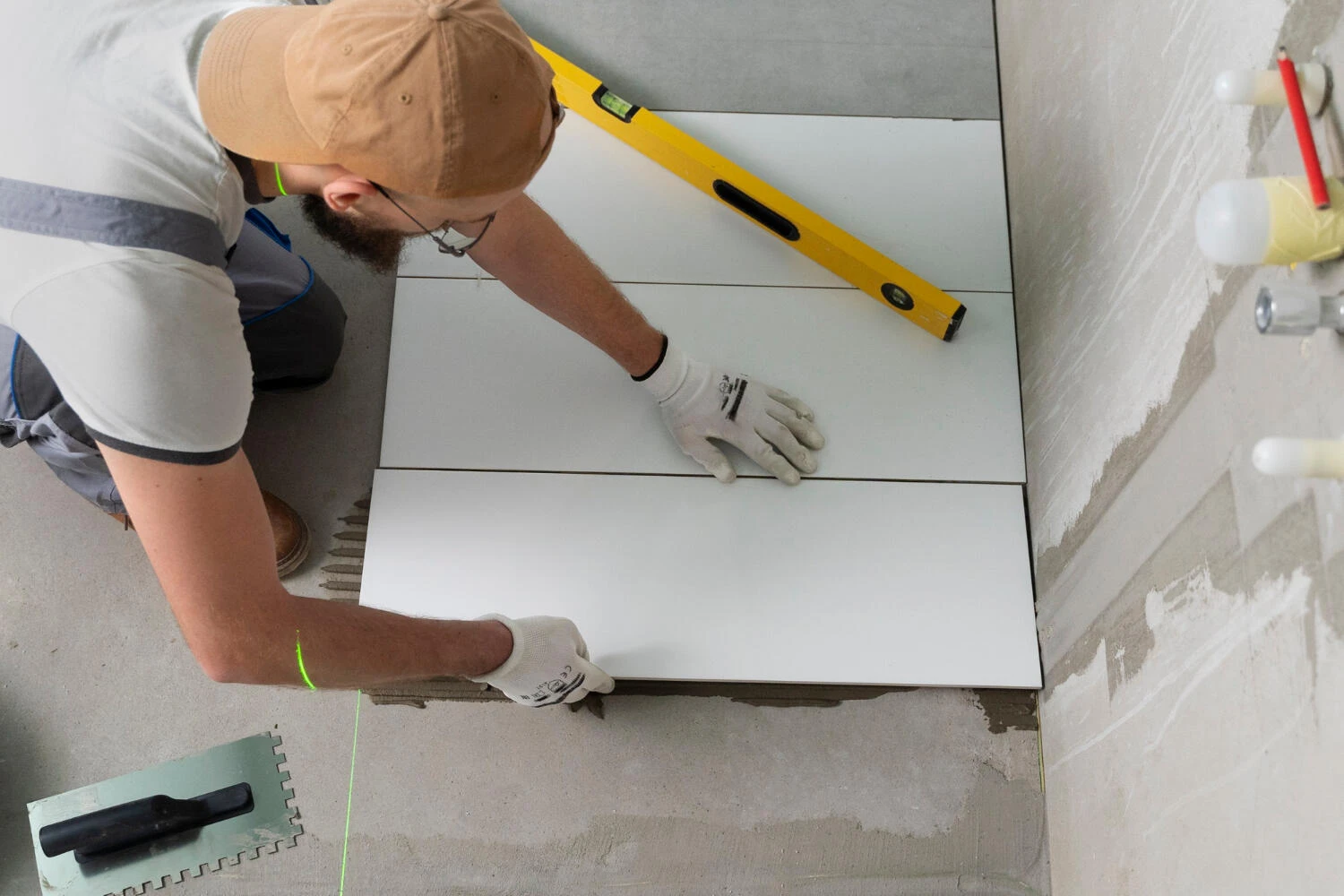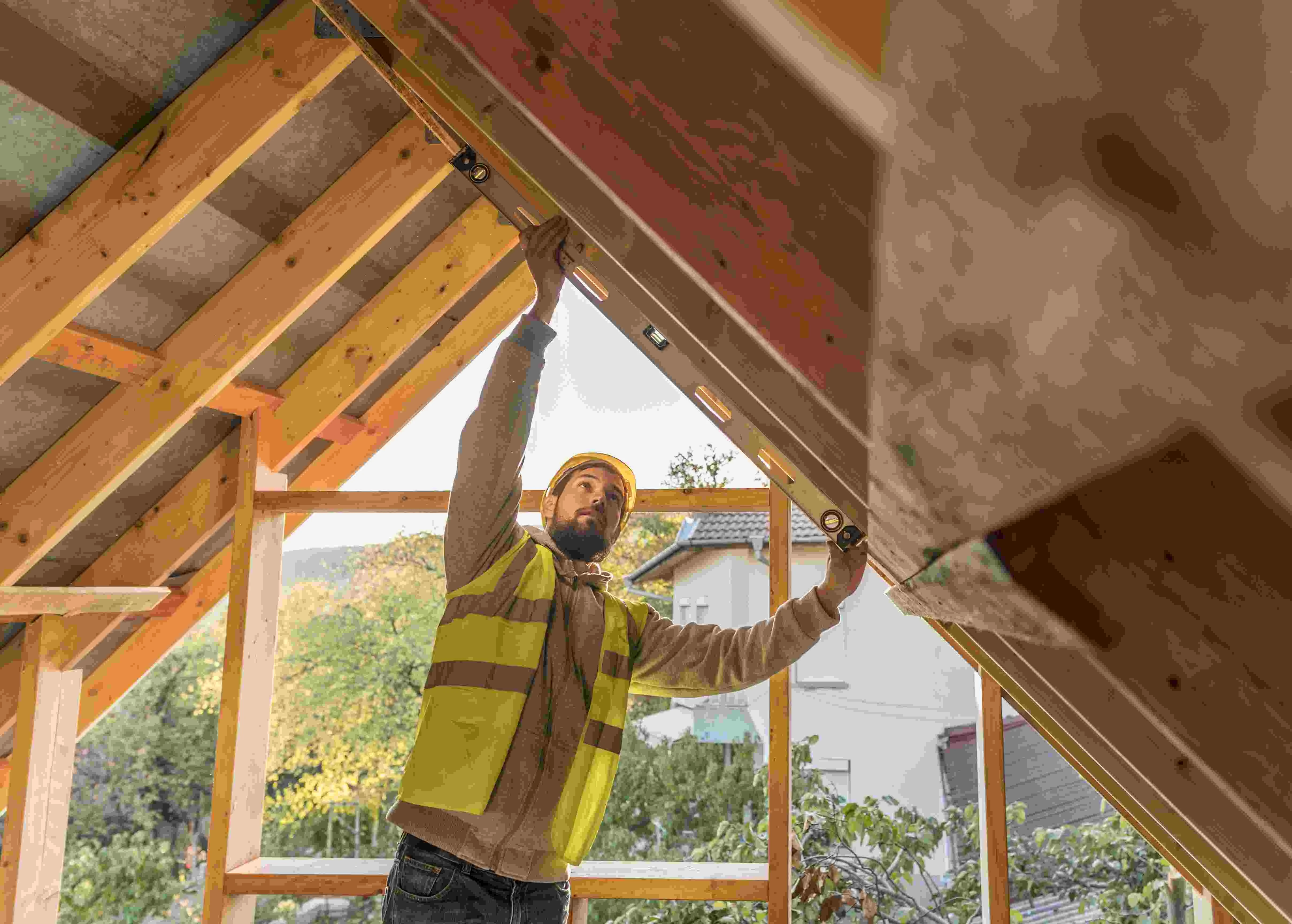
Crafting Dreams: A Homeowner's Guide to Carpentry Projects and Costs
The Carpentry Craft
Carpentry involves creating and repairing structures and objects made of wood. Here’s a glimpse of what the carpentry process entails:
- Planning: Any successful carpentry project begins with careful planning, including precise measurements and design considerations.
- Material Selection: Choosing the right wood and materials for your project is crucial. Factors like durability and appearance play a role.
- Cutting and Shaping: Skilled carpenters use a variety of tools to cut and shape wood, turning raw materials into finished products.
- Assembling and Finishing: Joining pieces together, sanding, and applying finishes are the final steps in many carpentry projects.
DIY vs. Hiring a Carpenter
Before diving into the world of carpentry, consider the scope of your project:
- DIY: Small woodworking projects like shelves or picture frames can often be tackled by DIY enthusiasts. It’s a great way to develop skills and save on labour costs.
- Professional Carpenter: For larger projects like building custom furniture or cabinetry, or extensive home renovations, hiring a professional carpenter is recommended.
Common Carpentry Projects
Let’s explore some common carpentry projects and what you can expect to pay:
- Building a Deck: Deck construction costs vary widely based on size and materials but typically range from £1,500 to £6,000 or more.
- Custom Cabinets: Custom kitchen cabinets can cost anywhere from £2,000 to £15,000, depending on materials and complexity.
- Installing Crown Molding: Costs for installing crown moulding can range from £300 to £1,000 or more, depending on the size of the project.
- Building a Bookshelf: A DIY bookshelf project may cost as little as £50 for materials, while custom-built bookshelves by a carpenter could range from £200 to £1,000.
Types of Wood
Choosing the right wood is essential for carpentry projects. Some popular options include:
- Pine: Affordable and easy to work with, pine is a common choice for furniture and framing.
- Oak: Known for its strength and durability, oak is often used for high-quality furniture.
- Maple: Maple wood is prized for its fine grain and is ideal for cabinetry and flooring.
- Cherry: Cherry wood is prized for its rich, reddish-brown hue and is used for fine furniture and cabinets.
Labour Charges
Labour costs for carpentry projects can vary widely based on location, complexity, and the carpenter’s experience. Expect to pay:
- Hourly Rates: Carpentry labour rates range from £20 to £60 per hour, with an average of around £30 to £40.
- Per Job: Some carpenters charge a flat rate for specific projects, such as building a deck or custom furniture.
Conclusion
Carpentry is a versatile and rewarding craft that can turn your home improvement dreams into reality. Whether you’re tackling small DIY projects or embarking on larger carpentry ventures, understanding the basics and typical costs will help you navigate the world of woodworking with confidence. So, grab your tools, measure twice, and let your carpentry journey begin!




